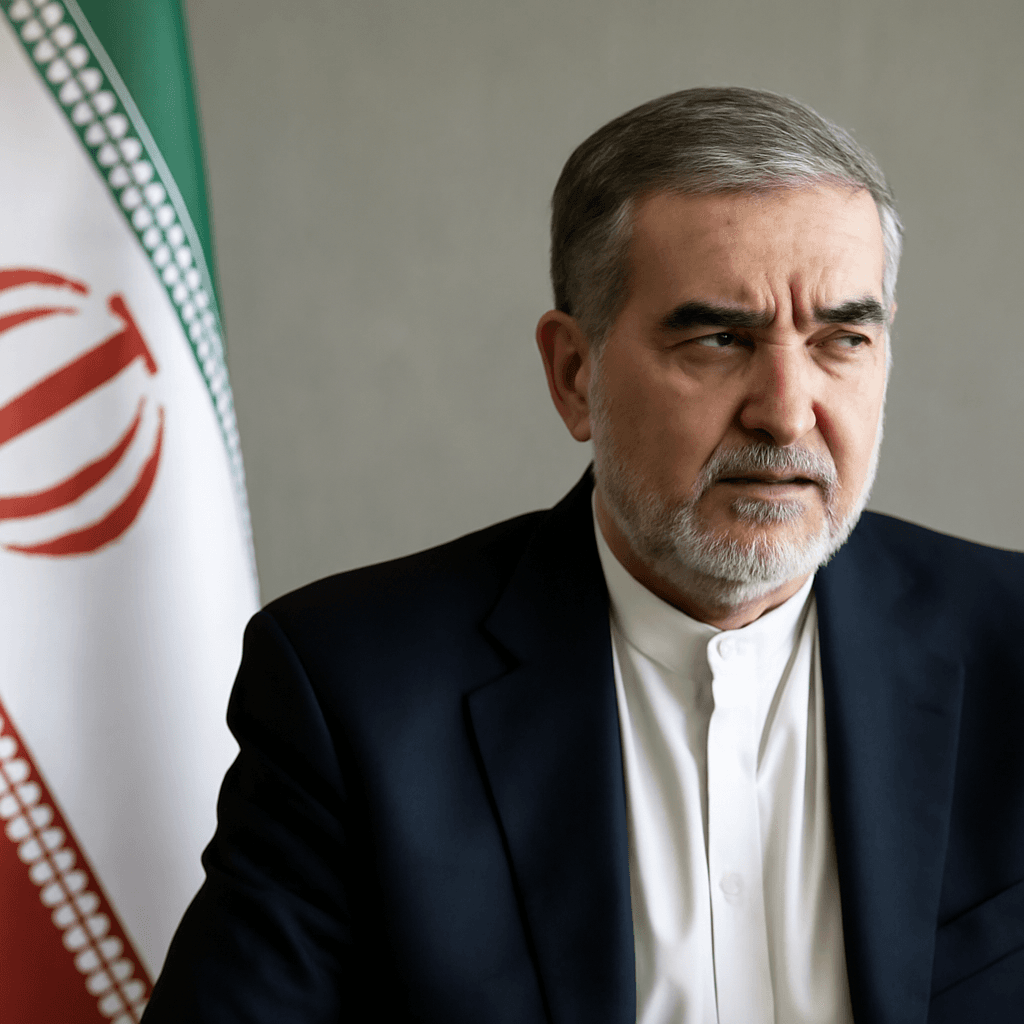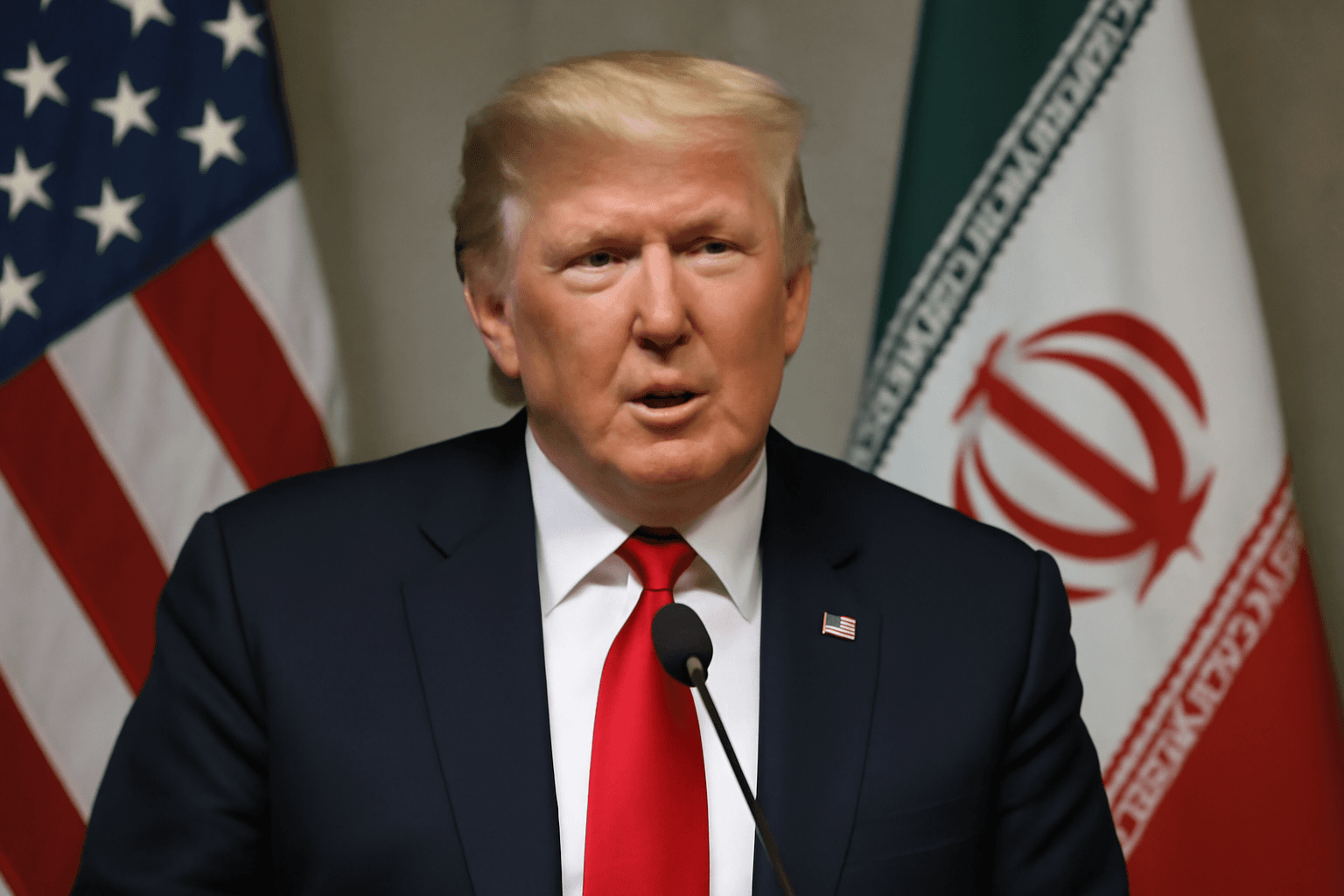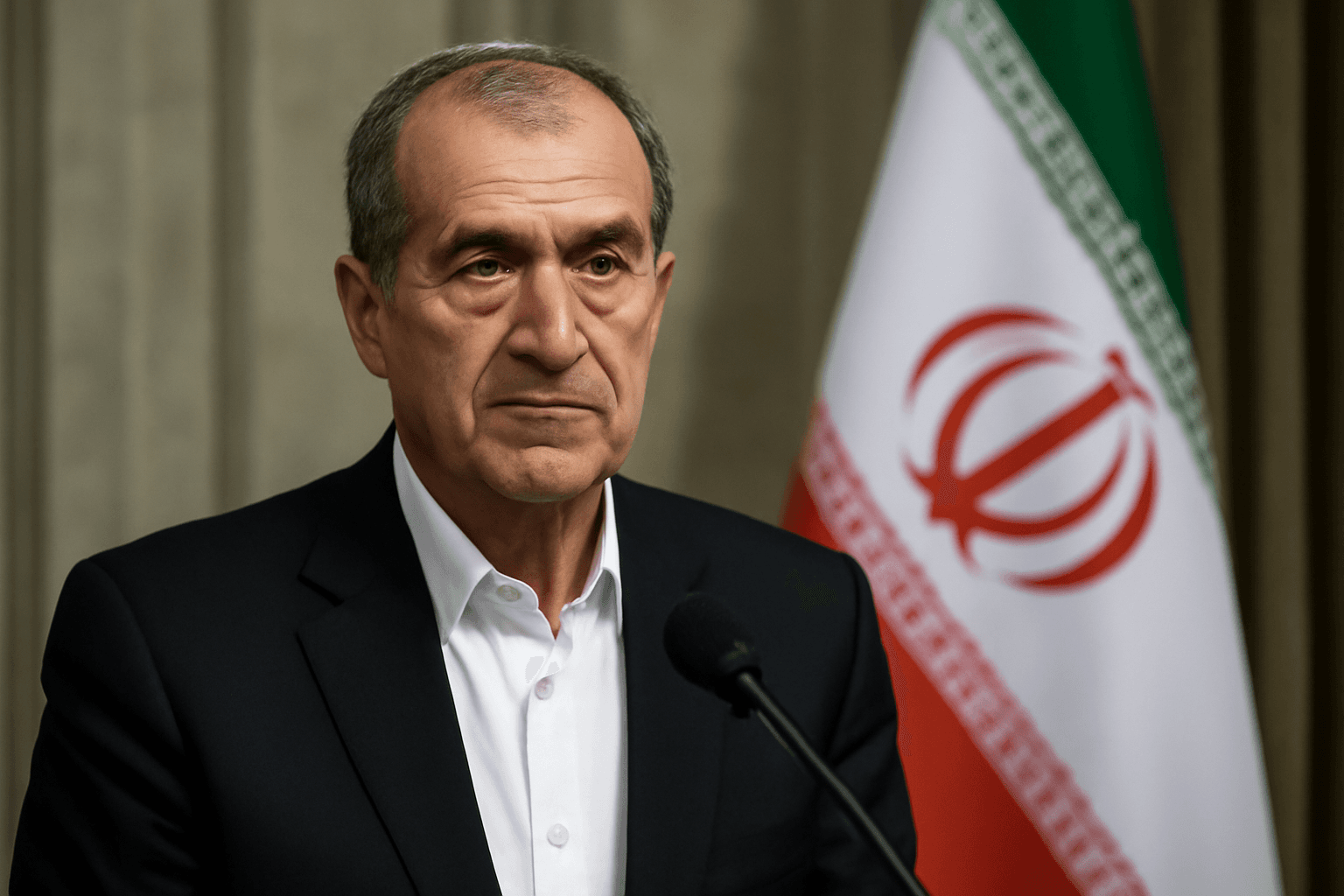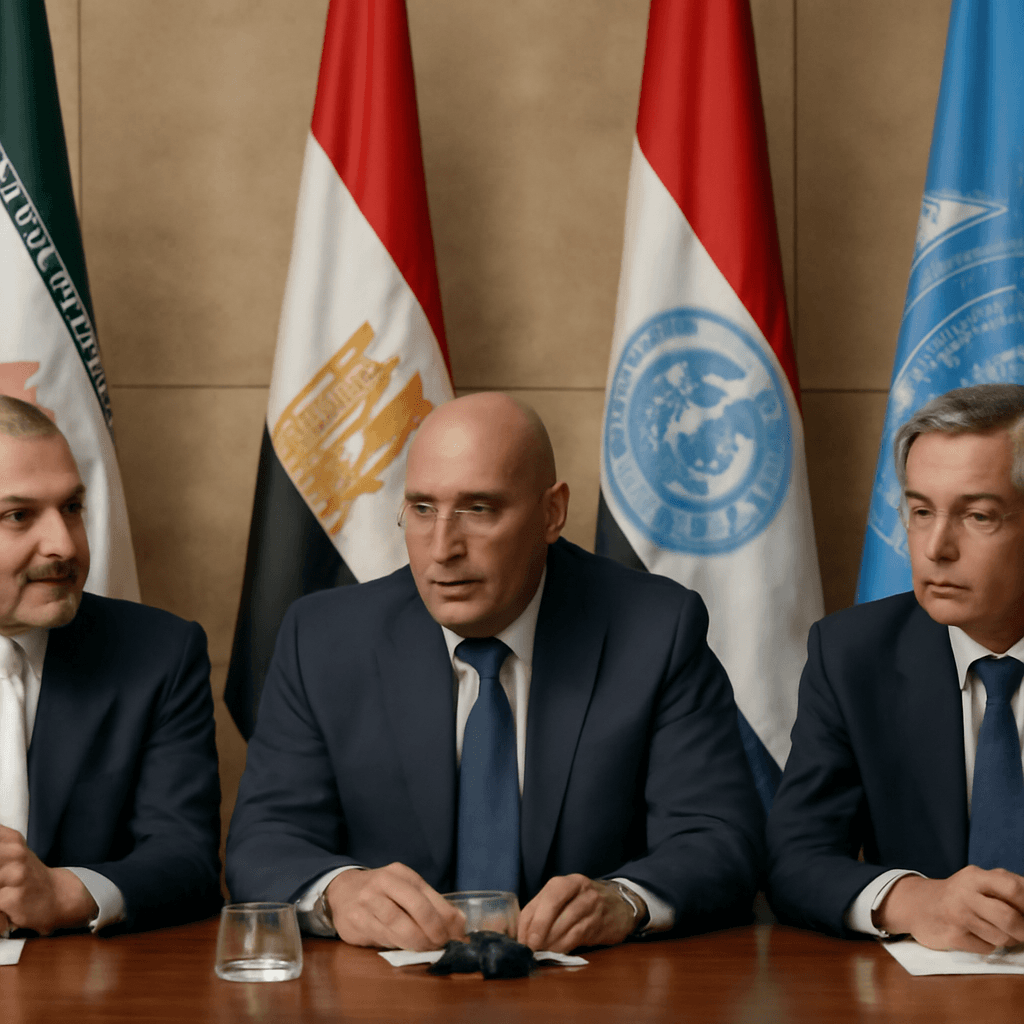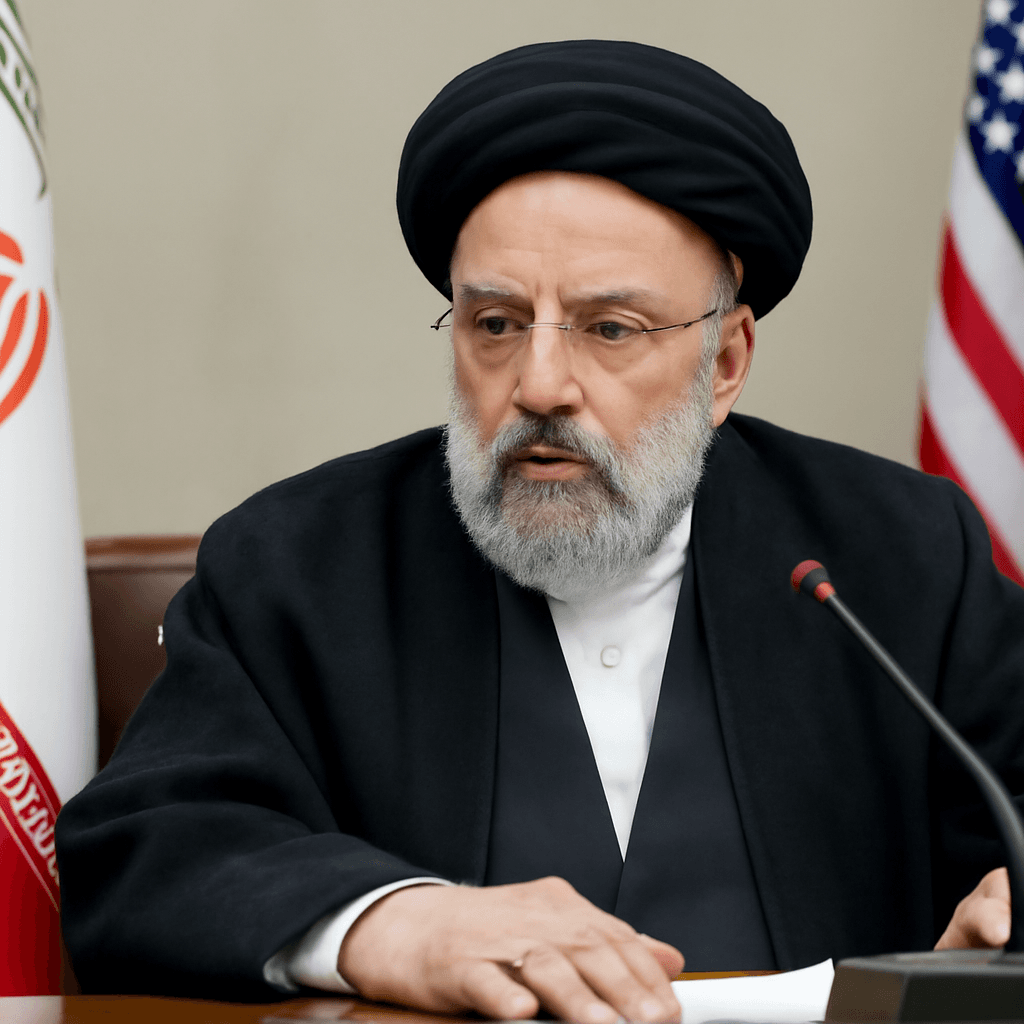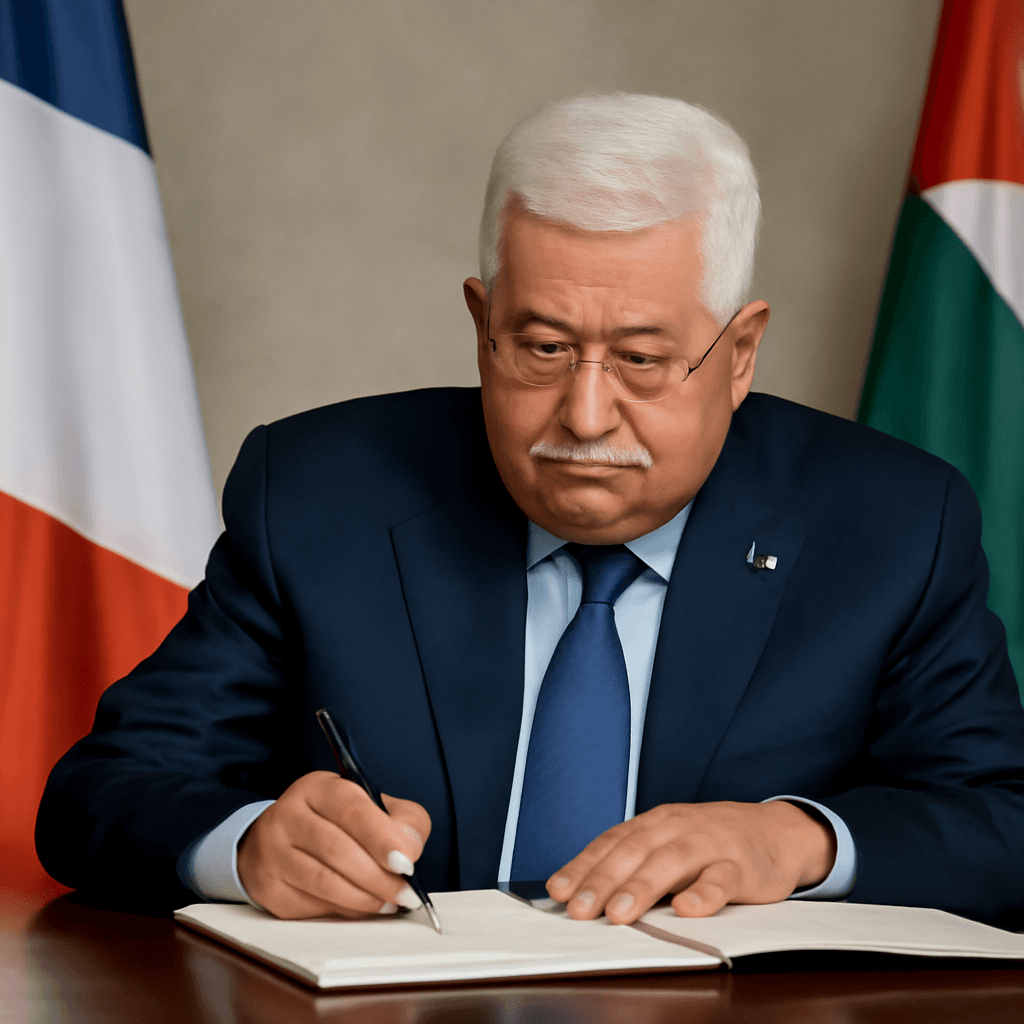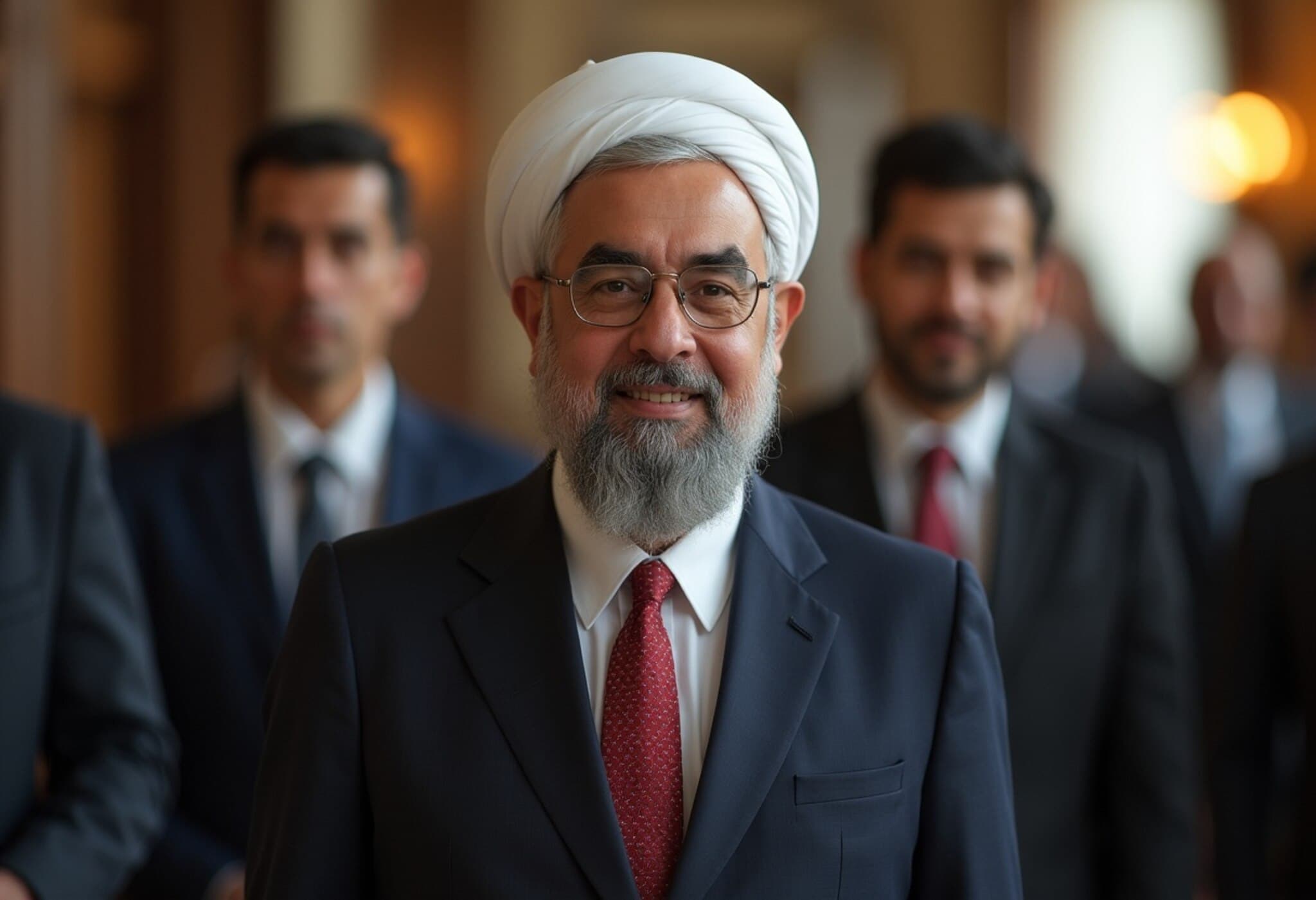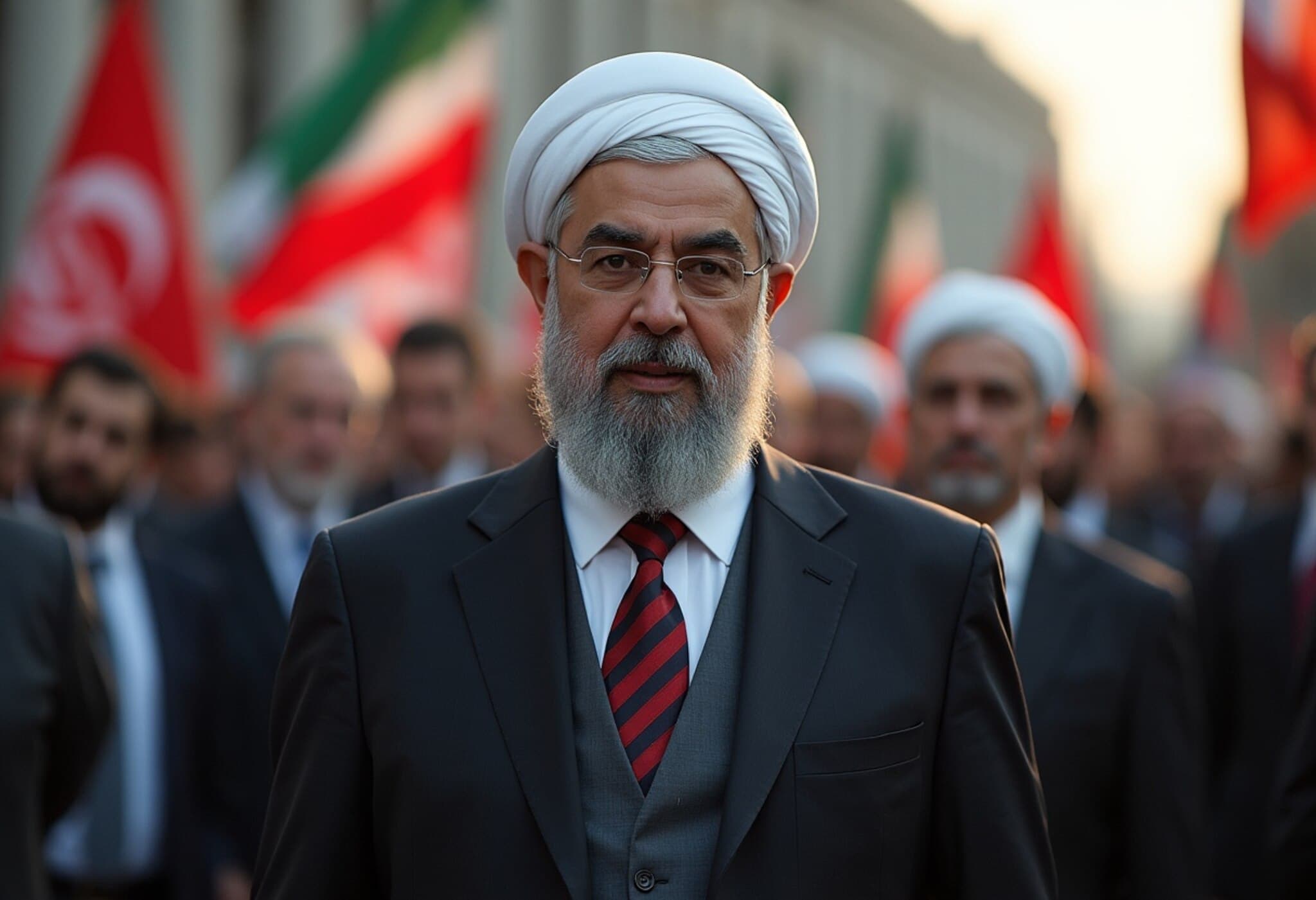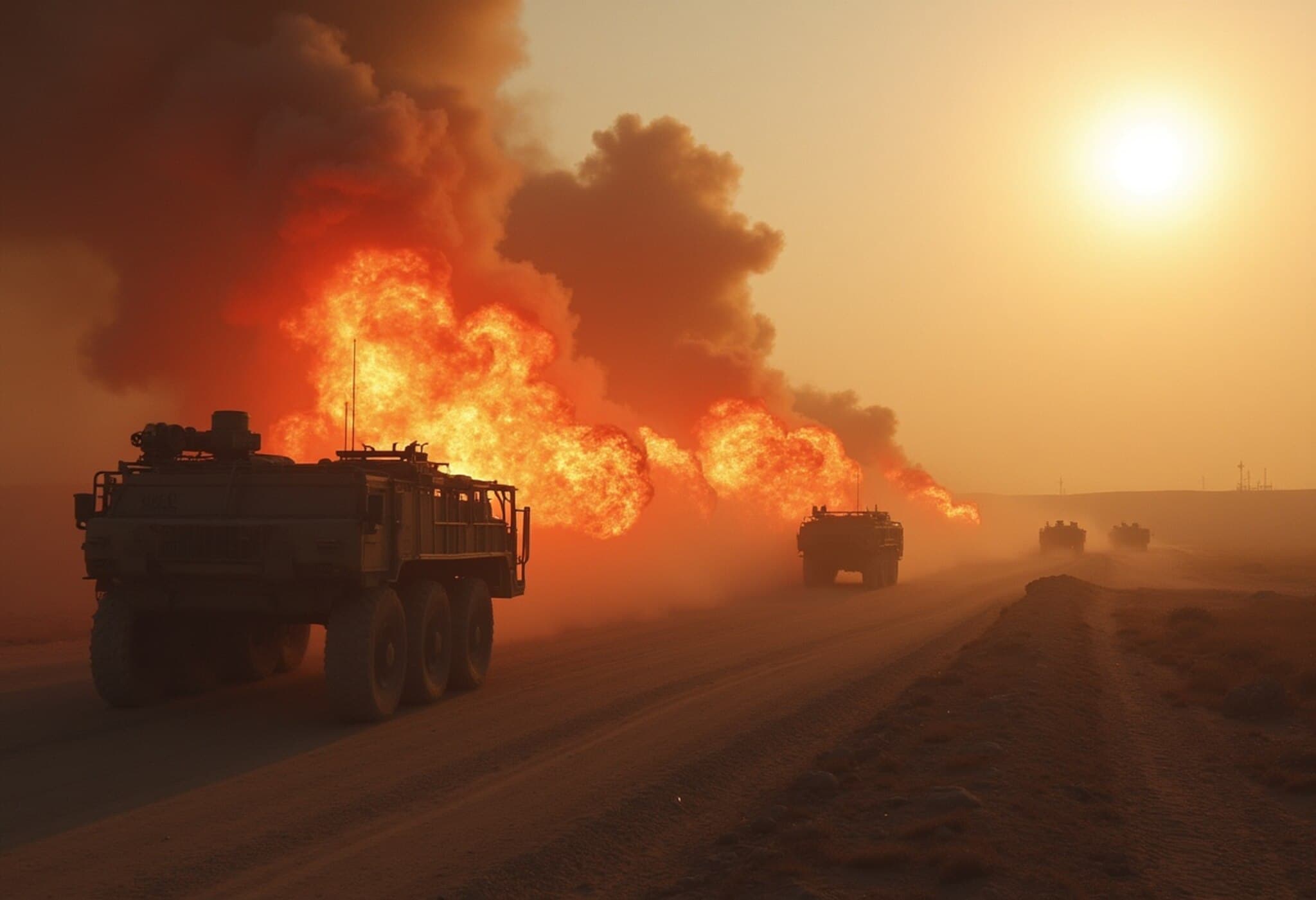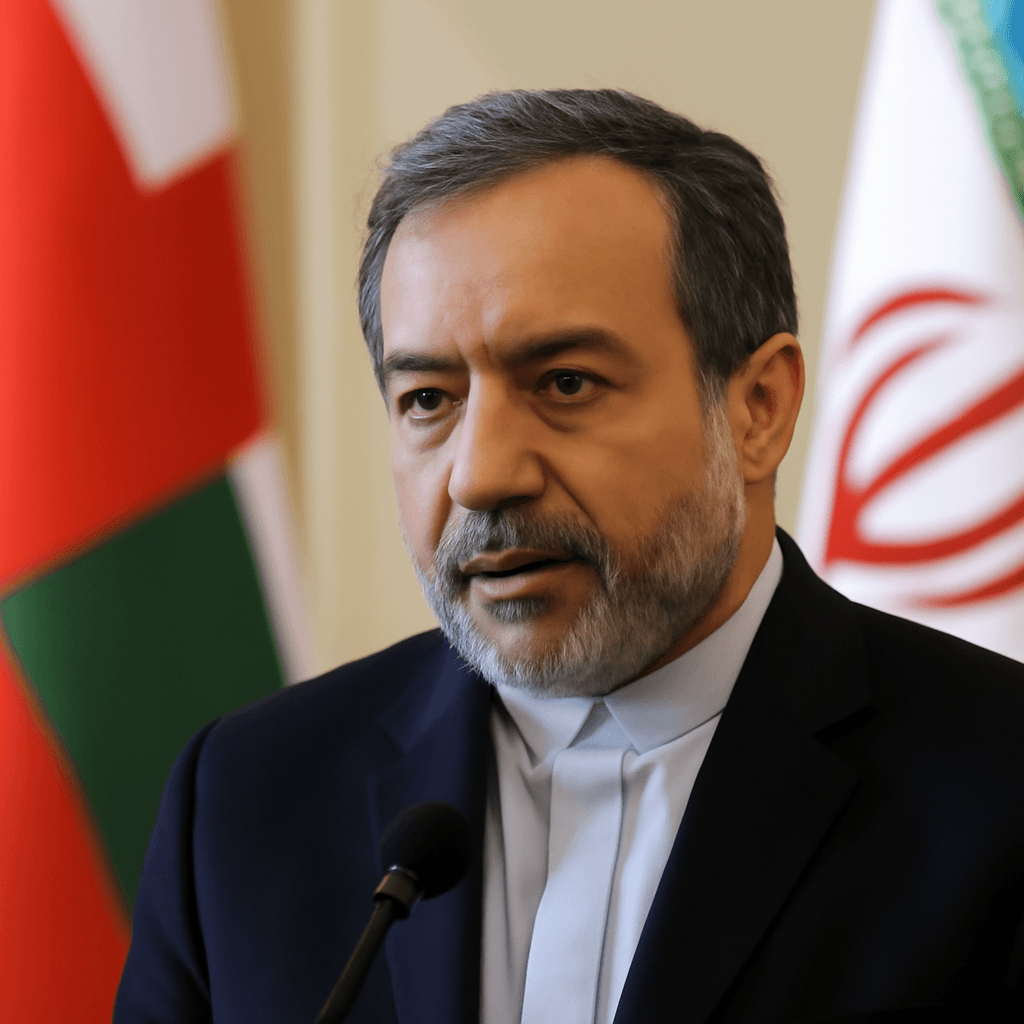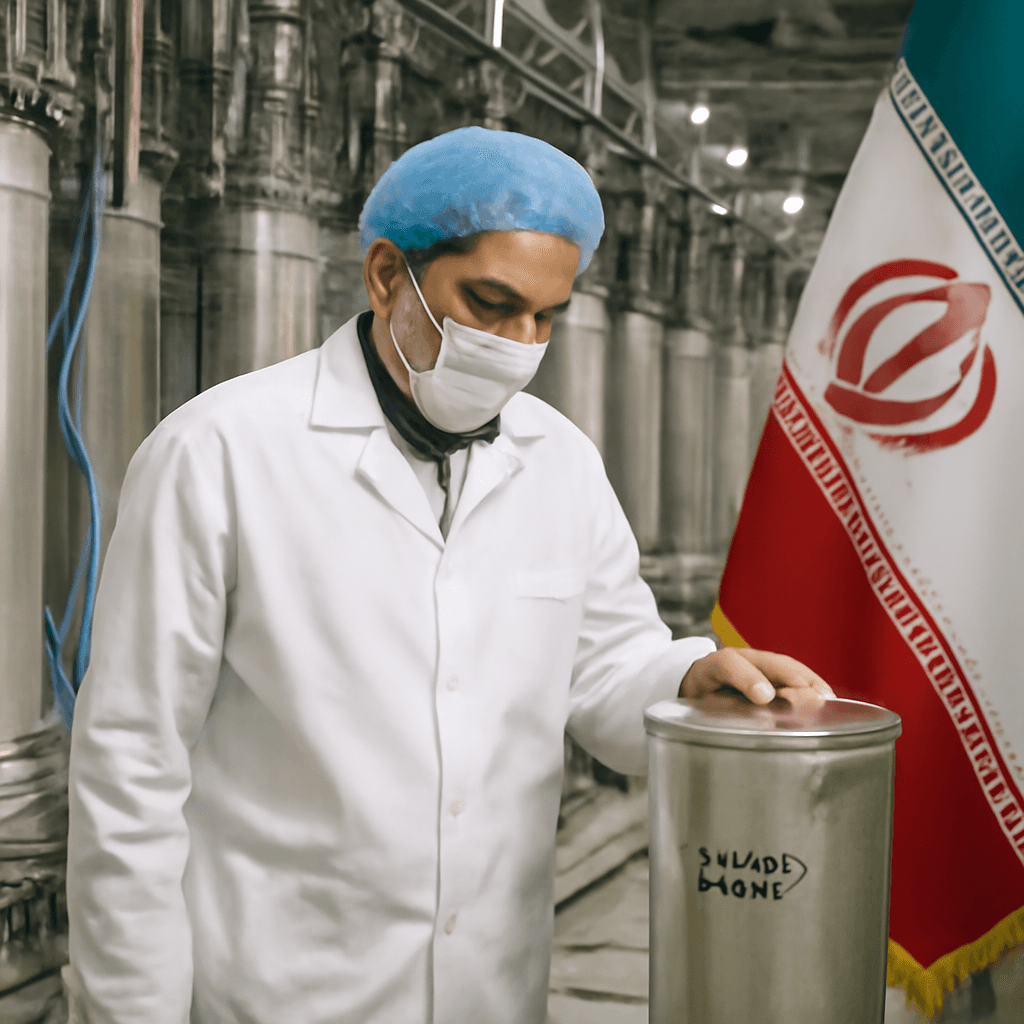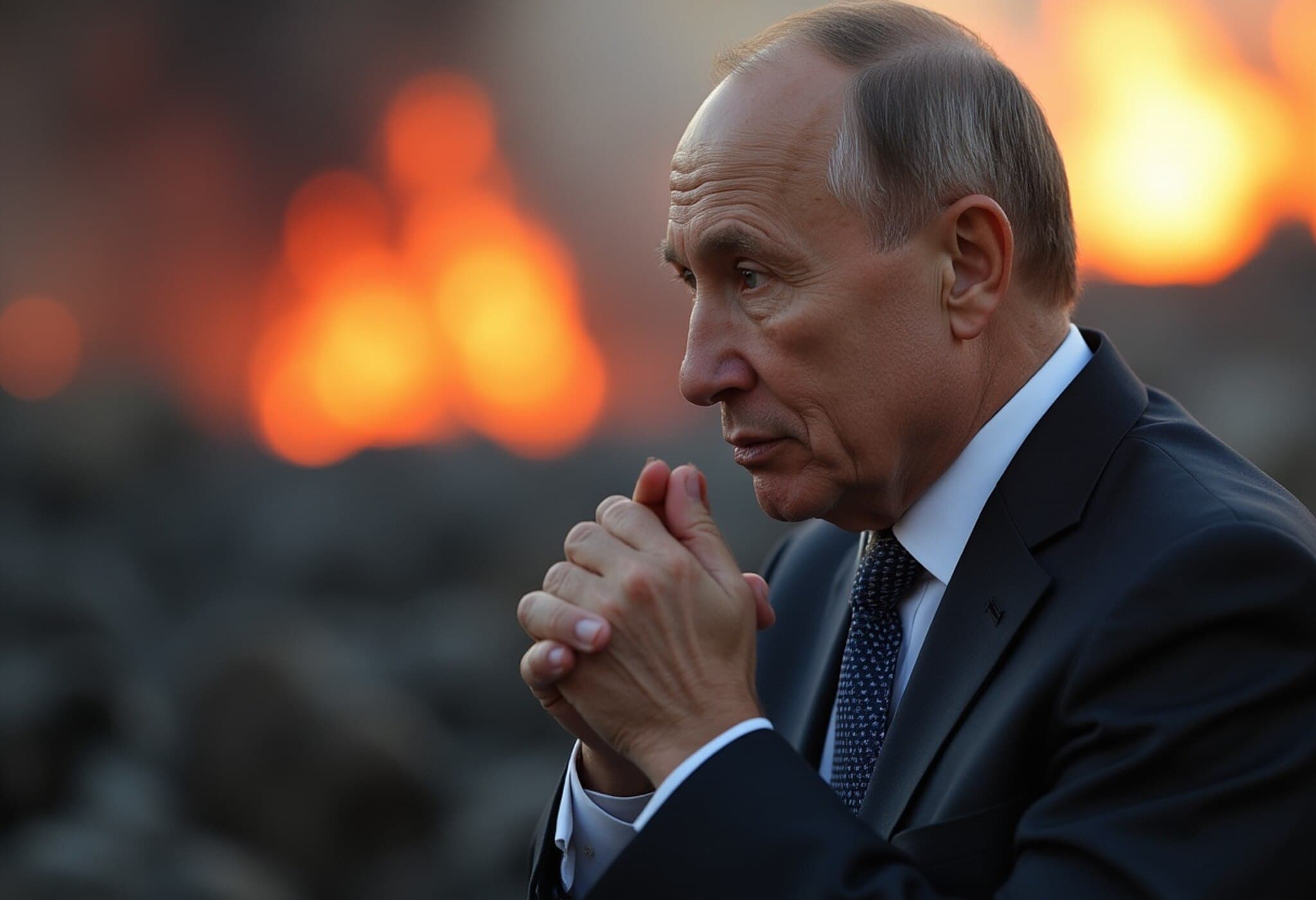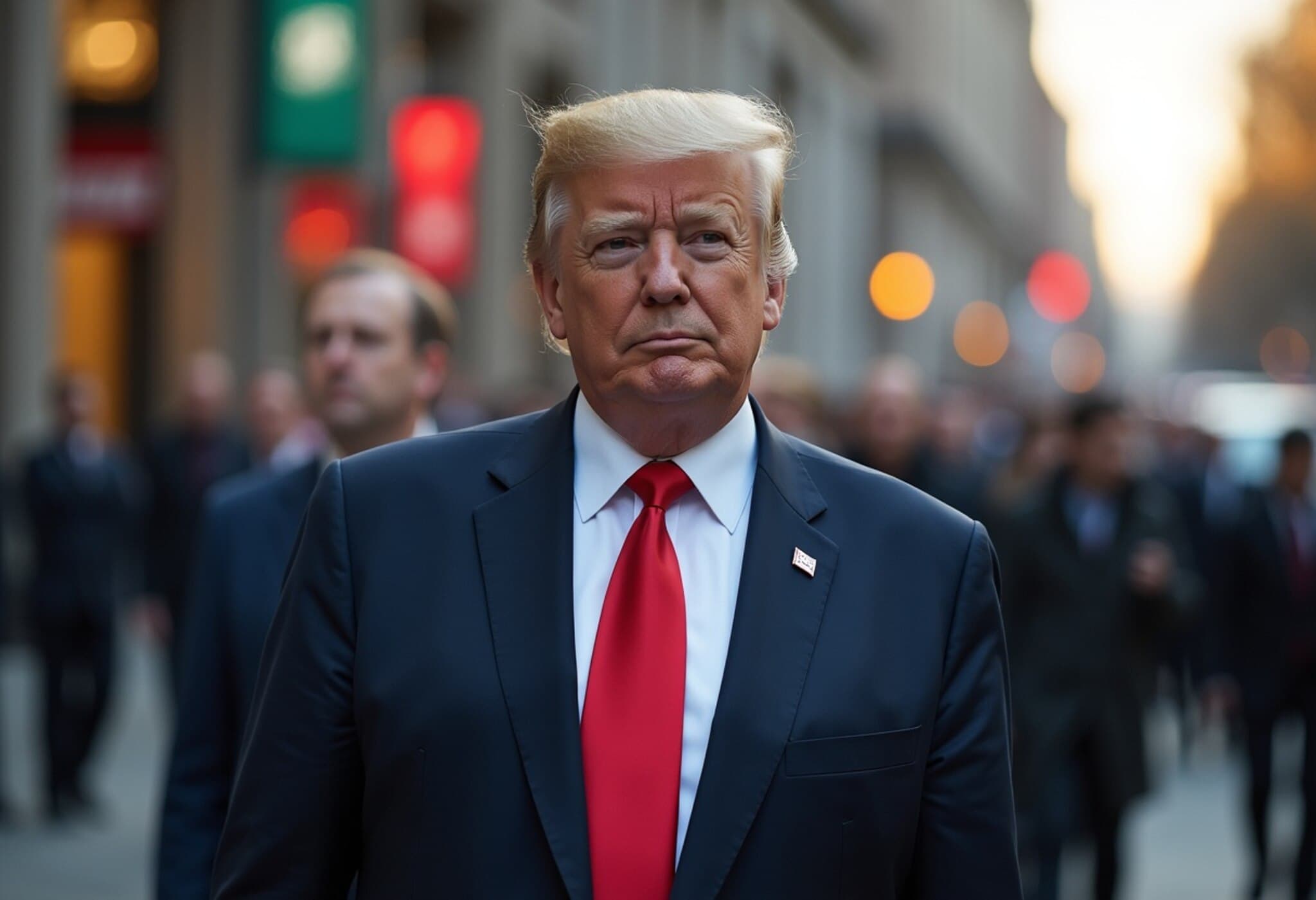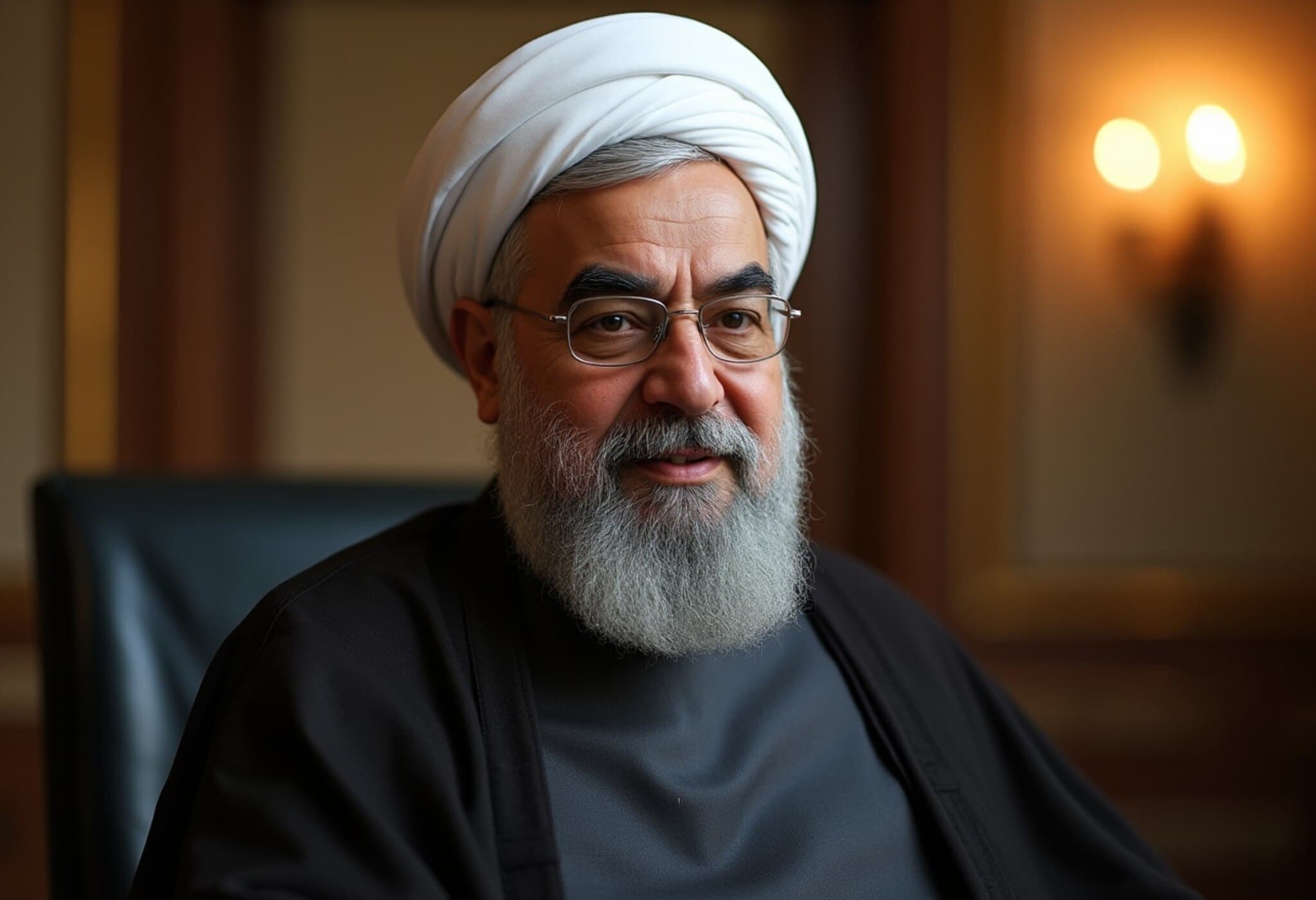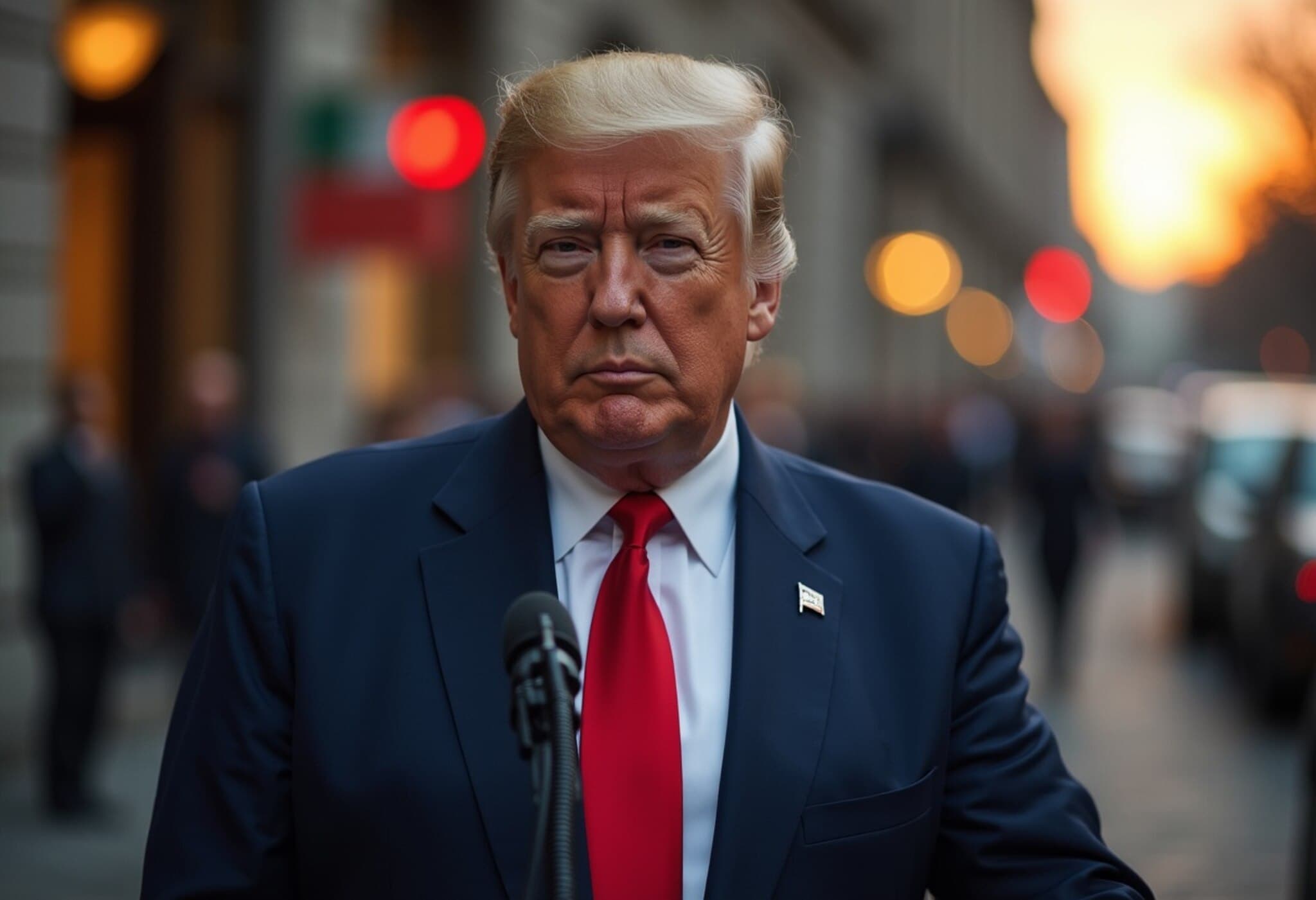Iran Declines US Nuclear Deal Proposal
Iran has formally rejected a nuclear deal proposal presented by the United States, citing that it fails to address Tehran's interests, particularly regarding uranium enrichment. The rejection signals continuing tension between the two nations over Iran's nuclear program.
US Demands End to Uranium Enrichment
The US administration insisted that any agreement must include the cessation of Iran's uranium enrichment activities. The White House emphasized the importance of preventing Iran from acquiring nuclear weapons, reaffirming the stance that "Iran can never obtain a nuclear bomb."
During a recent briefing, the US spokesperson highlighted that a detailed and acceptable proposal has been sent to Iran and warned of "grave consequences" should Iran reject the terms.
Iran's Firm Stance on Nuclear Sovereignty
Contradicting US demands, Iran's Supreme Leader declared that uranium enrichment remains a non-negotiable aspect of its nuclear program. He emphasized that the nation's independence is paramount and rejected any foreign attempts to curtail its nuclear progress.
Iranian officials stressed that any response to the US proposal will align with the country’s principles, national interests, and rights.
Key Points from Iran's Perspective:
- Uranium enrichment is central to Iran's nuclear agenda.
- The US proposal is seen as contrary to Iran's ideology of self-reliance and independence.
- Iran rejects external pressures dictating its nuclear policy.
Background and Ongoing Negotiations
This development comes amid ongoing diplomatic talks, with a potential sixth round of negotiations anticipated to discuss Iran's nuclear capabilities further. There have been speculations about the possibility of an interim agreement between the countries.
Despite Iran’s denials, international investigations revealed undisclosed nuclear materials at several facilities, raising concerns over Iran’s transparency in adhering to nuclear regulations.
Impact of Sanctions and Economic Pressures
Since 2018, various Iranian institutions critical to its economy, including the central bank and national oil company, have been subjected to sanctions by the US. These measures were justified by claims of support for terrorism and nuclear weapons proliferation.
Iran perceives these sanctions and diplomatic pressures as aggressive moves aimed at undermining its sovereignty and nuclear ambitions.
Conclusion
The refusal of the US nuclear proposal by Iran underscores deep-seated disagreements over uranium enrichment and national autonomy. With diplomatic efforts ongoing, the international community awaits further developments that might shape the future of Iran’s nuclear program and regional stability.

